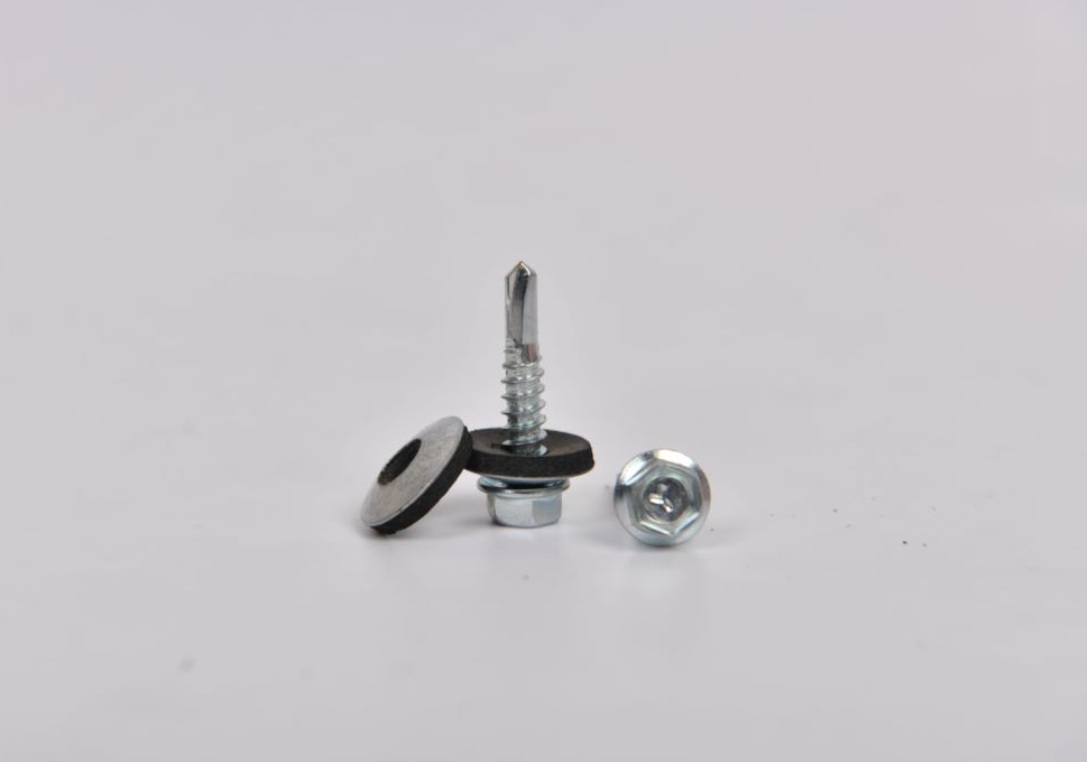Comparison of OEM Plate Washers and Standard Flat Washers in Industrial Applications
Understanding OEM Plate Washers vs. Flat Washers
When it comes to mechanical assemblies, the need for secure fastening solutions is paramount. Washers play a critical role in distributing loads, preventing damage, and enhancing the durability of the components they connect. Two common types of washers used in various applications are OEM plate washers and flat washers. In this article, we will explore the key differences, benefits, and applications of each type to help you make informed decisions in your projects.
What is a Flat Washer?
A flat washer is a thin, flat circular piece of material, typically made from metal or plastic, designed to distribute the load of a screw or bolt over a larger surface area. This helps prevent damage to the surface being fastened and provides a stable base for the fastener. Flat washers are available in various sizes and thicknesses to accommodate different fastening needs and are commonly used in a wide range of applications, from construction to automotive.
Benefits of Flat Washers
1. Load Distribution Flat washers excel at spreading the load of a fastener over a larger area, which reduces the risk of deformation or damage to materials. 2. Preventing Surface Damage By providing a cushion between the fastener and the material, flat washers help mitigate scratches, dents, and other forms of wear. 3. Versatility They can be used in various applications, from lightweight installations to high-load situations, making them a staple in mechanical assembly.
What is an OEM Plate Washer?
OEM, or Original Equipment Manufacturer, plate washers are specialty washers specifically designed for certain applications, often produced for automotive or industrial machinery. These washers usually feature advanced designs, such as unique shapes or built-in features, that enhance their performance and compatibility with specific components.
Benefits of OEM Plate Washers
1. Specific Design OEM plate washers are engineered for particular applications, ensuring optimal fit and performance within the machinery they are designed for. 2. Quality Assurance Being produced by original manufacturers, these washers often meet strict quality standards, ensuring reliability and longevity in demanding environments. 3. Enhanced Features Many OEM plate washers incorporate features such as integrated locking mechanisms or corrosion resistance, adding further value in specialized applications.
oem plate washer vs flat washer

Key Differences Between OEM Plate Washers and Flat Washers
1. Design and Functionality While flat washers are typically generic in design and used mainly for load distribution, OEM plate washers are tailored to fit specific applications and may have additional features that enhance their performance in those contexts.
2. Production Standards OEM plate washers often adhere to higher manufacturing standards because they are associated with branded equipment. This ensures quality and reliability in critical applications.
3. Application Specificity Flat washers can be used broadly across various applications, whereas OEM plate washers are designed for specific models or machines, providing an advantage in applications that require compatibility and performance assurance.
Choosing the Right Washer
When deciding between OEM plate washers and flat washers, consider the following factors
- Application Requirements If your project involves specific machinery or equipment, OEM plate washers are likely the better choice due to their tailored design. - Load and Material Consideration Flat washers may suffice for lighter applications or if the fastening is not critical, while OEM washers are suitable for heavy-duty machinery that necessitates precision and durability. - Cost and Availability Flat washers are usually more cost-effective and readily available, making them ideal for general use. However, if you require specialty components, investing in OEM washers could save you problems in the long run.
Conclusion
In conclusion, both OEM plate washers and flat washers have their unique advantages and applications. Understanding the specific needs of your project can guide your choice between these two types of washers. While flat washers offer versatility and universality, OEM plate washers provide tailored solutions for specialized requirements. Making an informed decision will ensure the integrity and longevity of your mechanical assemblies, ultimately leading to greater success and efficiency in your endeavors.
-
Top Choices for Plasterboard FixingNewsDec.26,2024
-
The Versatility of Specialty WashersNewsDec.26,2024
-
Secure Your ProjectsNewsDec.26,2024
-
Essential Screws for Chipboard Flooring ProjectsNewsDec.26,2024
-
Choosing the Right Drywall ScrewsNewsDec.26,2024
-
Black Phosphate Screws for Superior PerformanceNewsDec.26,2024
-
The Versatile Choice of Nylon Flat Washers for Your NeedsNewsDec.18,2024










